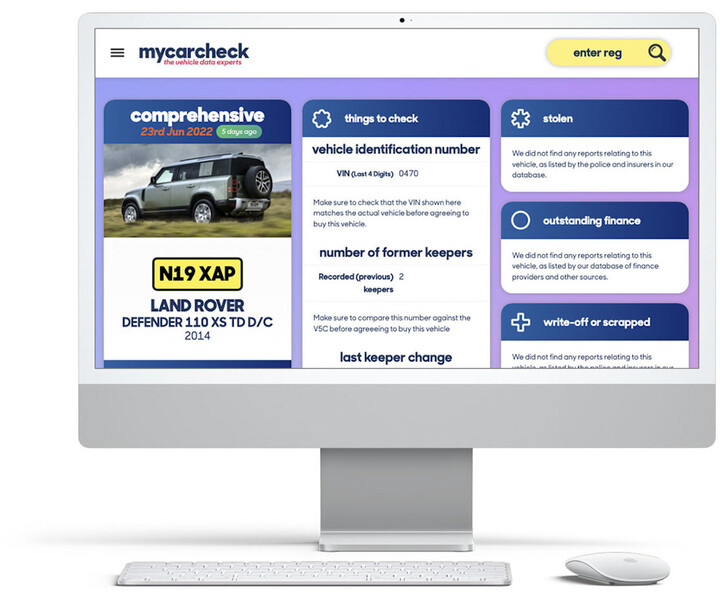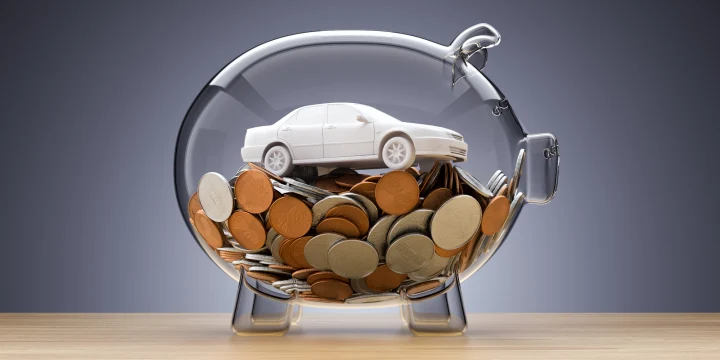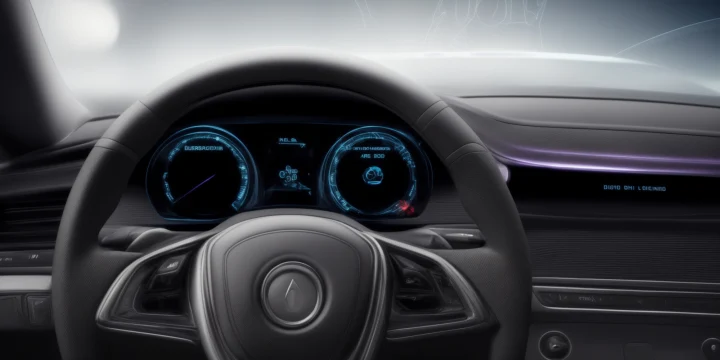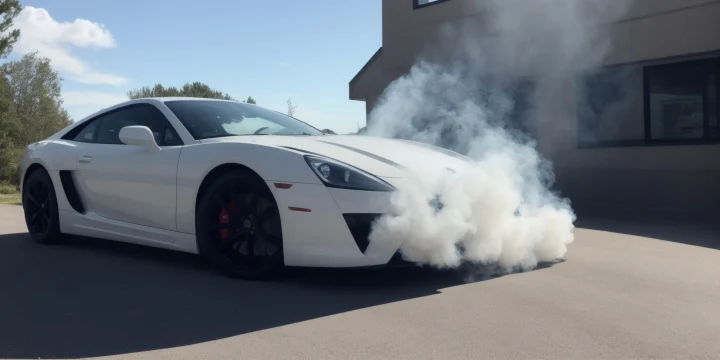
boosting the mileage of your car
FREE Car History Check
See MOT history, valuations, detailed specs and more… AND upgrade to see if any vehicle has been stolen, has finance or has been written off from just £4.99
The current cost of living crisis has left many of us wondering how we can make our money go further, particularly in aspects of our everyday life, like driving. If you use your car regularly, you are likely to have noticed a surge in the money you're spending on petrol. However, there are ways to cut these costs without cutting back on your driving. In this guide, we'll look at some of the ways to boost your car's fuel economy to save money.
How can I get more mileage from my petrol car?
One of the simplest ways to get more out of your petrol car is to ensure that you're driving efficiently. This means avoiding unnecessary acceleration and maintaining a steady speed where possible. This can be difficult when traffic is heavy, but it's worth bearing in mind that fuel consumption increases significantly when you're driving at higher speeds.
It's also important to keep your car well-maintained. This means regular servicing to ensure that all the parts of your engine are in good working order. It's also worth checking your tyre pressure regularly, as tyres that are inflated to the correct level can help reduce fuel consumption.
Finally, using a higher octane fuel than what is recommended for your car can also lead to improved mileage.
How can I get more mileage from my diesel car?
Diesel cars are typically more fuel-efficient than petrol cars, so you might not think there's much you can do to improve their mileage. However, there are still a few things you can do to eke out even more miles per gallon.
As with petrol cars, driving efficiently is key to getting the most out of your diesel car. This means avoiding unnecessary acceleration and maintaining a steady speed where possible. It's also worth checking your tyre pressure regularly, as tyres that are inflated to the correct level can help reduce fuel consumption.
Finally, using a lower viscosity oil than what is recommended for your car can also lead to improved mileage. This is because the lower viscosity oil reduces friction in the engine, which leads to improved efficiency.
How can I make my car fuel efficient?
Making your car fuel efficient is all about driving efficiently and keeping your car well-maintained. This means avoiding unnecessary acceleration and maintaining a steady speed where possible. It's also important to keep your tires inflated to the correct level and to have regular servicing to ensure that all the parts of your engine are in good working order.
Finally, using a higher octane fuel than what is recommended for your car can also lead to improved mileage. However, it's important to check with your manufacturer before using a higher octane fuel as it may void your warranty.
At what speed does a car give the best mileage?
There is no definitive answer to this question as it depends on a number of factors, such as the make and model of your car. However, research has shown that fuel economy generally improves when you drive at lower speeds. This is because the engine doesn't have to work as hard, which leads to improved efficiency.
Of course, driving at lower speeds isn't always possible, particularly if you're stuck in traffic or travelling on busy roads. In these situations, it's best to maintain a steady speed where possible and avoid unnecessary acceleration.
What cars are best for fuel economy?
There is no definitive answer to this question as it depends on a number of factors, such as your driving habits and the make and model of your car. However, research has shown that smaller cars tend to be more fuel-efficient than larger cars. This is because they have smaller engines which require less fuel to run.
Electric cars are also very fuel-efficient as they don't use any petrol or diesel at all. Instead, they rely on batteries which need to be recharged regularly. However, electric cars can be more expensive.
Some makes and models with a good MPG include the Toyota Prius (hybrid), the BMW i3 (electric), the VW Polo (petrol) and the Audi A3 Sportback e-tron (petrol hybrid).
Do any cars get 100 mpg?
There are no cars that currently get 100 mpg, but there are a few that come close. The most fuel-efficient car on the market is the Toyota Prius, which has a combined city/highway MPG of 58. The Honda Insight and the Hyundai Ioniq also have very good fuel economy, with ratings of 55 and 54 MPG respectively.
Of course, these figures will vary depending on your driving habits and the conditions you're driving in. But if you're looking for a car that's as fuel-efficient as possible, then one of these might be a good option for you.




















